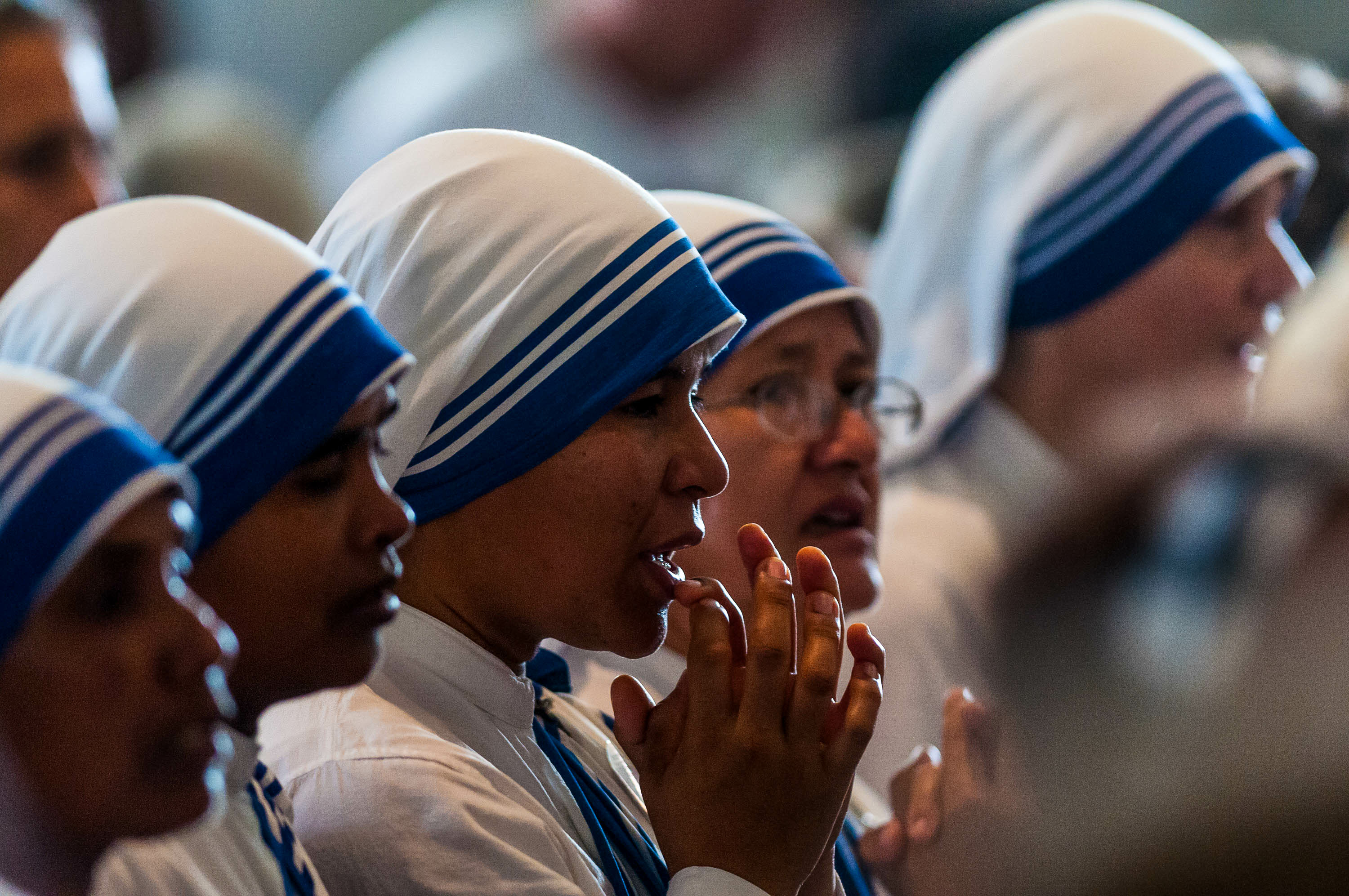In today’s Gospel, the crowds ask John the Baptist, “What then should we do?” In reply, he said to them, “Whoever has two coats must share with anyone who has none; and whoever has food must do likewise” (Luke 3:10-11). John also tells the tax collectors to “Collect no more than the amount prescribed for you” (Luke 3: 13). Interesting to see this reading at the time of year when many people amass more than probably needed. However, it is also a time of donating our extra clothes and food, both to make room in preparation for incoming gifts and the spirit of giving.
Regular decluttering is an excellent habit of keeping our homes in order; I have learned it is simply impossible to organize clutter. The more belongings I try to contain or control, the greater chaos I seem to create. This phenomenon can be said of the state of my soul as well. During an Advent reflection, the young transitional deacon at my parish encouraged us to declutter our souls to make room for Jesus this Christmas. Finding time during Advent for a good Sacramental Confession among the card writing, decorating, present buying, and cookie-baking is a wonderful gift to give ourselves. For it is important to remember, we are body and soul, and we are baptized “with the Holy Spirit and fire” (Luke 3:16). The baptism we receive, instituted by Christ, involves the sanctifying grace of the Holy Spirit and the divine capacity to forgive sin (CCC 696).
Today, the Church celebrates the apparition of the Blessed Mother to Juan Diego with the feast of Our Lady of Guadalupe. Juan’s faithfulness to the Catholic faith opened his heart to the miracle of the rose-covered tilma and the subsequent conversion of millions of people. Contemplate what God could do with our fidelity in living out the grace of our baptismal promises?
We are not making this journey of faith alone; Mary is our mother, guide, intercessor, and model of a life filled with grace. We too can take comfort in the words Mary spoke to Juan Diego, “Listen and understand well, my son, smallest of all, that you have no cause to be frightened and worried, let your heart be troubled no longer, have no fear of that sickness, nor of any other sickness or sorrow. Is this not your mother here next to you?”
Here on the Third Sunday of Advent, as St. Paul reminds us to have no anxiety in anything but pray about everything, and we will have reason to rejoice! Let us declutter our souls, unburden our hearts, draw near to God, who will draw all the nearer to us! To come to seek His mercy in the confessional, so to make room in our hearts for Him to come, not only on Christmas day but every day.
 Allison Gingras works for WINE: Women In the New Evangelization as National WINE Steward of the Virtual Vineyard. She is a Social Media Consultant for the Diocese of Fall River and CatholicMom.com. She is a writer, speaker, and podcaster, who founded ReconciledToYou.com and developed the Stay Connected Journals for Catholic Women (OSV).
Allison Gingras works for WINE: Women In the New Evangelization as National WINE Steward of the Virtual Vineyard. She is a Social Media Consultant for the Diocese of Fall River and CatholicMom.com. She is a writer, speaker, and podcaster, who founded ReconciledToYou.com and developed the Stay Connected Journals for Catholic Women (OSV).
Feature Image Credit: Cathopic, https://www.cathopic.com/photo/5323-luz-iglesia
The views and opinions expressed in the Inspiration Daily blog are solely those of the original authors and contributors. These views and opinions do not necessarily represent those of Diocesan, the Diocesan staff, or other contributors to this blog.
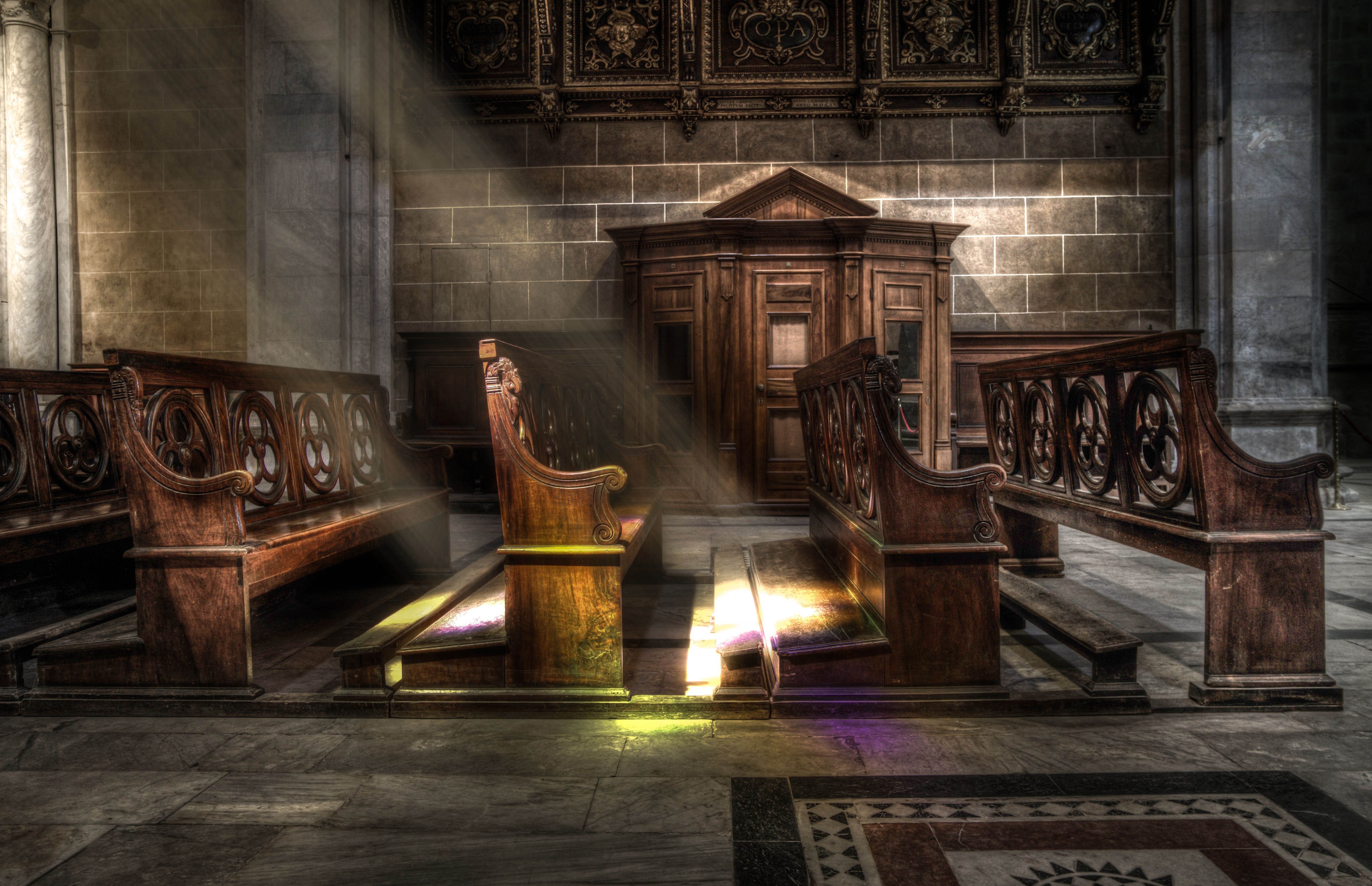

 Kate Taliaferro is an Air Force wife and mother. She is blessed to be able to homeschool, bake bread and fold endless piles of laundry. When not planning a school day, writing a blog post or cooking pasta, Kate can be found curled up with a book or working with some kind of fiber craft. Kate blogs at
Kate Taliaferro is an Air Force wife and mother. She is blessed to be able to homeschool, bake bread and fold endless piles of laundry. When not planning a school day, writing a blog post or cooking pasta, Kate can be found curled up with a book or working with some kind of fiber craft. Kate blogs at 

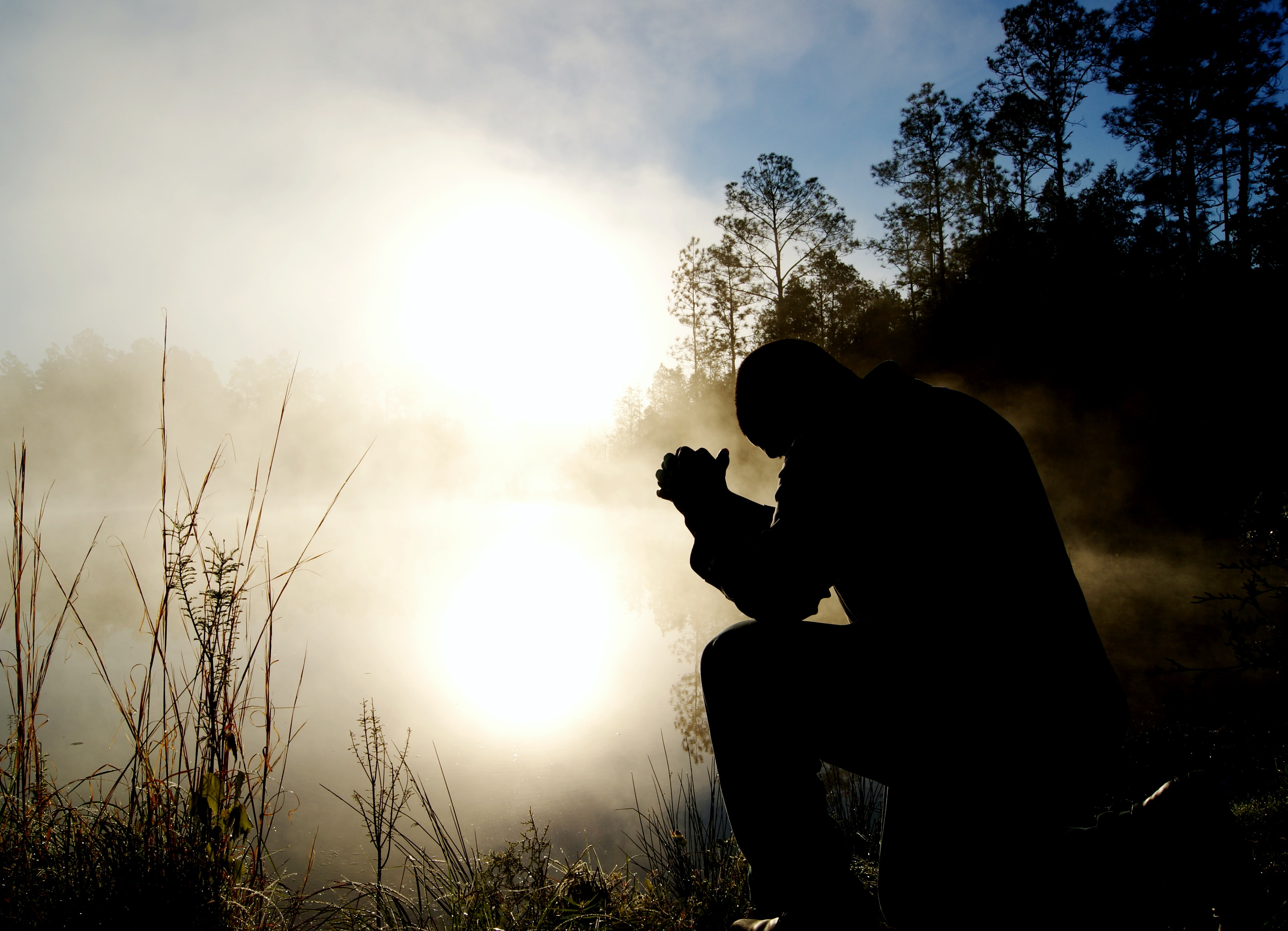

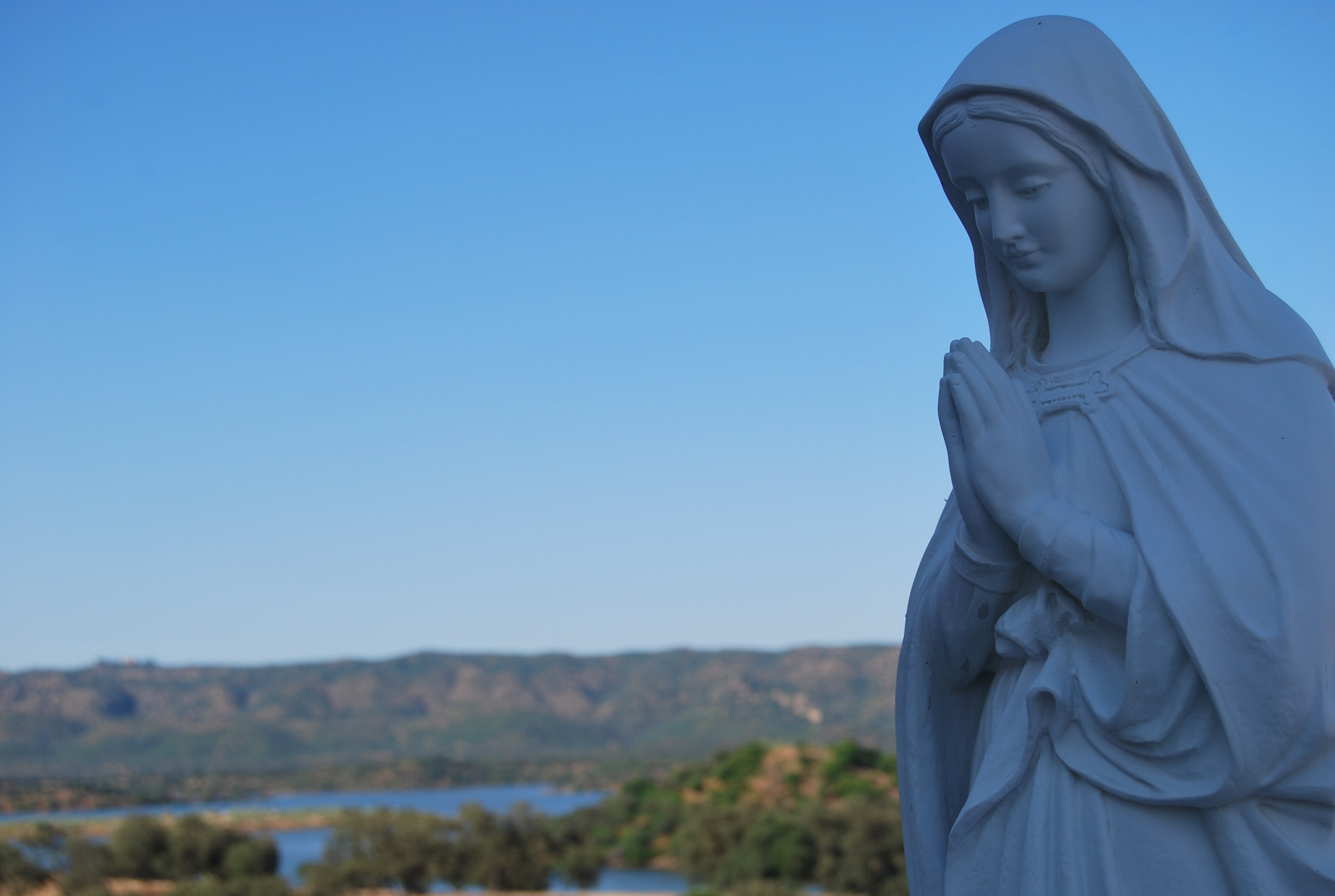
 Susan Ciancio has a BA in psychology and a BA in sociology from the University of Notre Dame, with an MA in liberal studies from Indiana University. For the past 17 years, she has worked as a professional editor and writer, editing both fiction and nonfiction books, magazine articles, blogs, educational lessons, professional materials and website content. Eleven of those years have been in the pro-life sector. Currently Susan freelances and writes weekly for HLI, edits for American Life League, and is the editor of Celebrate Life Magazine. She also serves as executive editor for the Culture of Life Studies Program-an educational nonprofit program for K-12 students.
Susan Ciancio has a BA in psychology and a BA in sociology from the University of Notre Dame, with an MA in liberal studies from Indiana University. For the past 17 years, she has worked as a professional editor and writer, editing both fiction and nonfiction books, magazine articles, blogs, educational lessons, professional materials and website content. Eleven of those years have been in the pro-life sector. Currently Susan freelances and writes weekly for HLI, edits for American Life League, and is the editor of Celebrate Life Magazine. She also serves as executive editor for the Culture of Life Studies Program-an educational nonprofit program for K-12 students.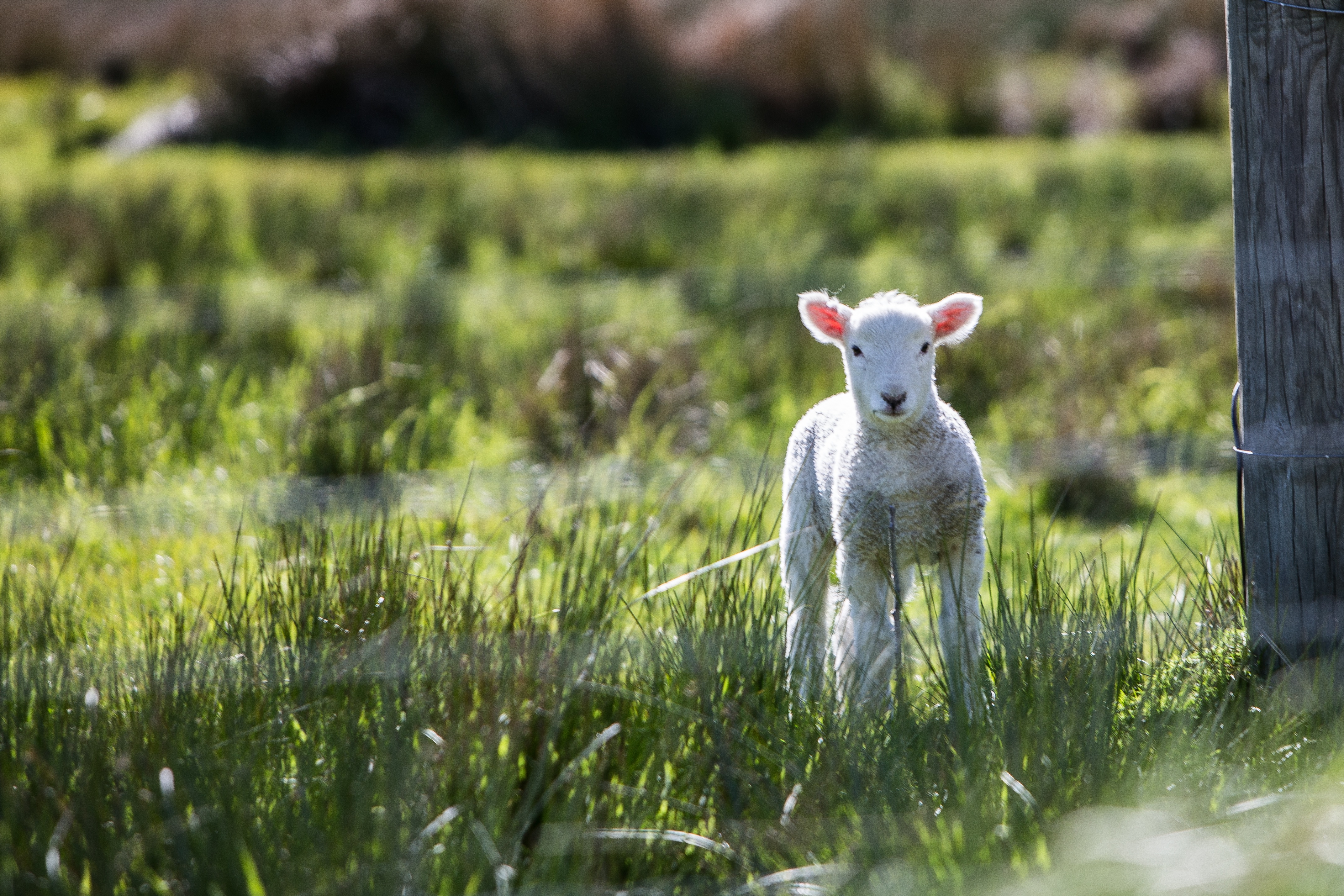
 Kathryn Mulderink, MA, is married to Robert, Station Manager for Holy Family Radio. Together they have seven children (including Father Rob), and four grandchildren. She is President of the local community of Secular Discalced Carmelites and has published five books and many articles. Over the last 30 years, she has worked as a teacher, headmistress, catechist, Pastoral Associate, and DRE, and as a writer and voice talent for Catholic Radio. Currently, she serves the Church by writing and speaking, and by collaborating with various parishes and to lead others to encounter Christ and engage their faith. Her website is
Kathryn Mulderink, MA, is married to Robert, Station Manager for Holy Family Radio. Together they have seven children (including Father Rob), and four grandchildren. She is President of the local community of Secular Discalced Carmelites and has published five books and many articles. Over the last 30 years, she has worked as a teacher, headmistress, catechist, Pastoral Associate, and DRE, and as a writer and voice talent for Catholic Radio. Currently, she serves the Church by writing and speaking, and by collaborating with various parishes and to lead others to encounter Christ and engage their faith. Her website is 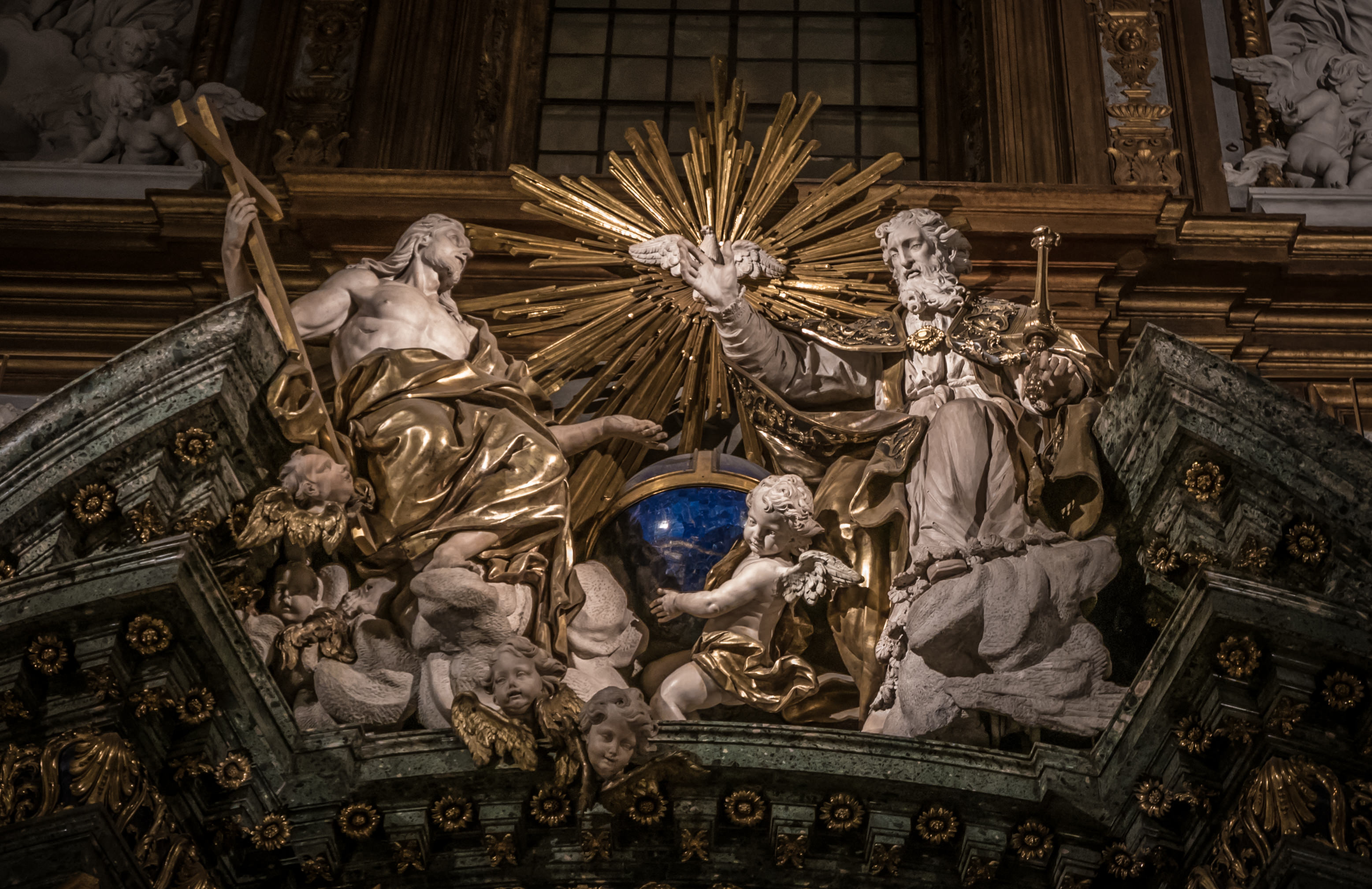
 David Dashiell is a freelance writer, editor, and proofreader based in the Pittsburgh, Pennsylvania area. His writing has been featured in Crisis Magazine and The Imaginative Conservative, and his editing is done for a variety of publishers, such as Sophia Institute and Scepter. He can be reached at
David Dashiell is a freelance writer, editor, and proofreader based in the Pittsburgh, Pennsylvania area. His writing has been featured in Crisis Magazine and The Imaginative Conservative, and his editing is done for a variety of publishers, such as Sophia Institute and Scepter. He can be reached at 




